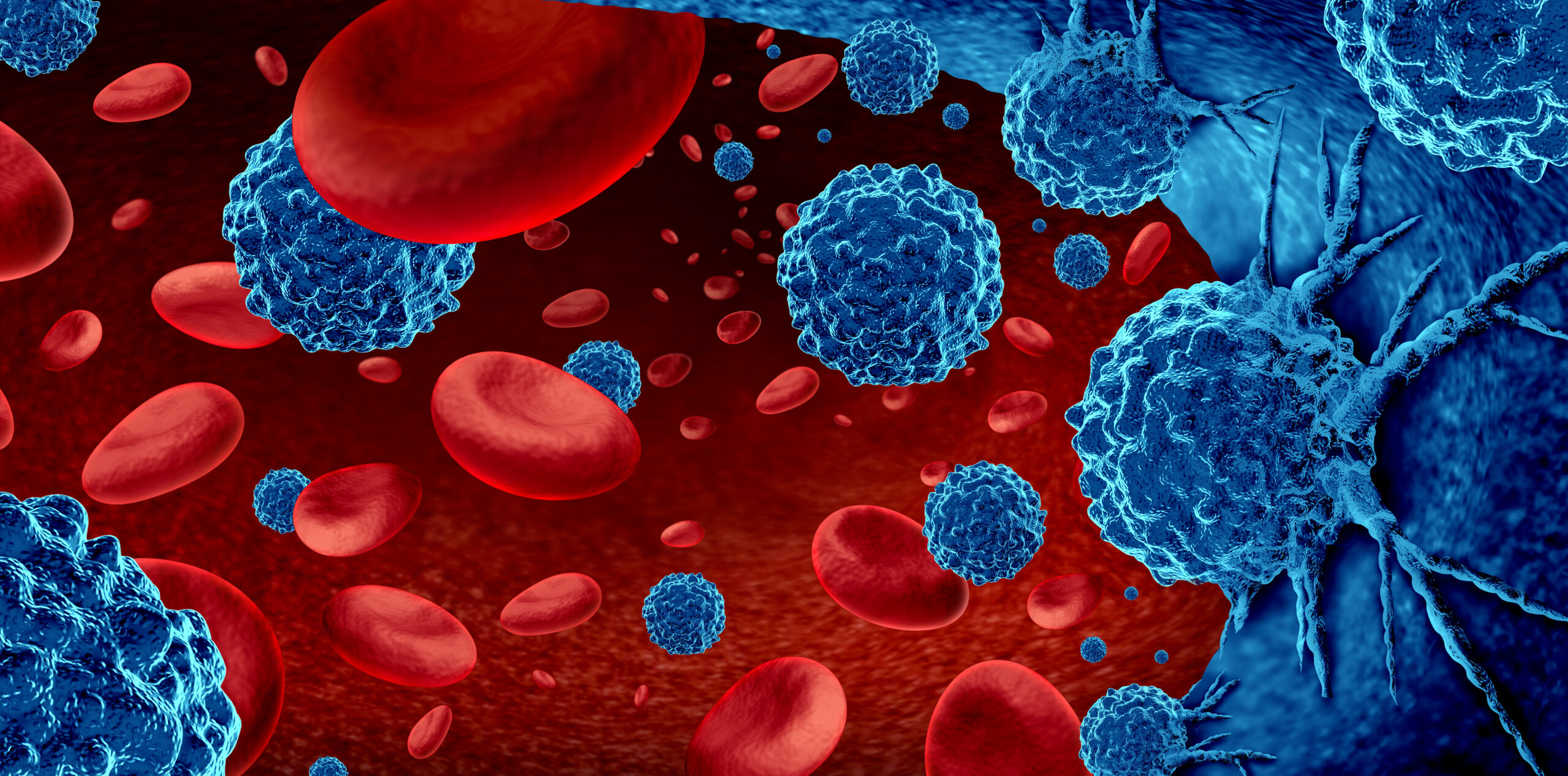CtDNA is a valuable biomarker for monitoring disease burden and predicting durable clinical benefit in second-line large B-cell lymphoma (LBCL) treatment, according to data from the TRANSFORM trial.
“CtDNA data from TRANSFORM confirm the value of ctDNA as a biomarker for disease burden monitoring and early prediction of durable clinical benefit after [second-line] LBCL treatment,” the investigators, led by Lara Stepan, BS, of Bristol Myers Squibb, wrote in an abstract presented at the 66th American Society of Hematology Annual Meeting. The poster was presented by Ash Alizadeh, MD, PhD, of the Stanford Cancer Institute in California, during the meeting’s poster session.
The TRANSFORM trial was a phase 3 trail that compared lisocabtagene maraleucel (liso-cel), a chimeric antigen receptor (CAR) T-cell therapy, to standard of care (SOC) in patients with relapsed or refractory large B-cell lymphoma (LBCL) who were eligible for second-line treatment.
In this poster abstract, the investigators conducted the study to explore whether ctDNA levels could serve as an early predictor of treatment success and long-term outcomes in patients receiving liso-cel or standard care.
The study found that higher baseline ctDNA levels were associated with shorter event-free survival (EFS). Patients who achieved undetectable ctDNA at various time points during treatment experienced significantly longer EFS, with the strongest association observed at Day 126. Liso-cel resulted in a higher proportion of patients achieving undetectable ctDNA compared to standard of care (62% vs 38%), consistent with superior EFS outcomes. Additionally, ctDNA levels provided predictive value beyond traditional response assessments, further supporting its role as an early indicator of durable clinical benefit, the investigators reported.
“ctDNA may have a key role as a surrogate endpoint in future LBCL studies, including after CAR T cell therapies,” the investigators concluded.
Reference
Stepan L, Ansari A, Okal A. Circulating tumor DNA (ctDNA) as an early outcome predictor in patients (pts) with second-line (2L) large B-cell lymphoma (LBCL) after lisocabtagene maraleucel (liso-cel) versus standard of care (SOC) treatment (tx) from the phase 3, randomized transform study. Abstract #628. Presented at the 66th American Society of Hematology Annual Meeting and Exposition; San Diego, California.







